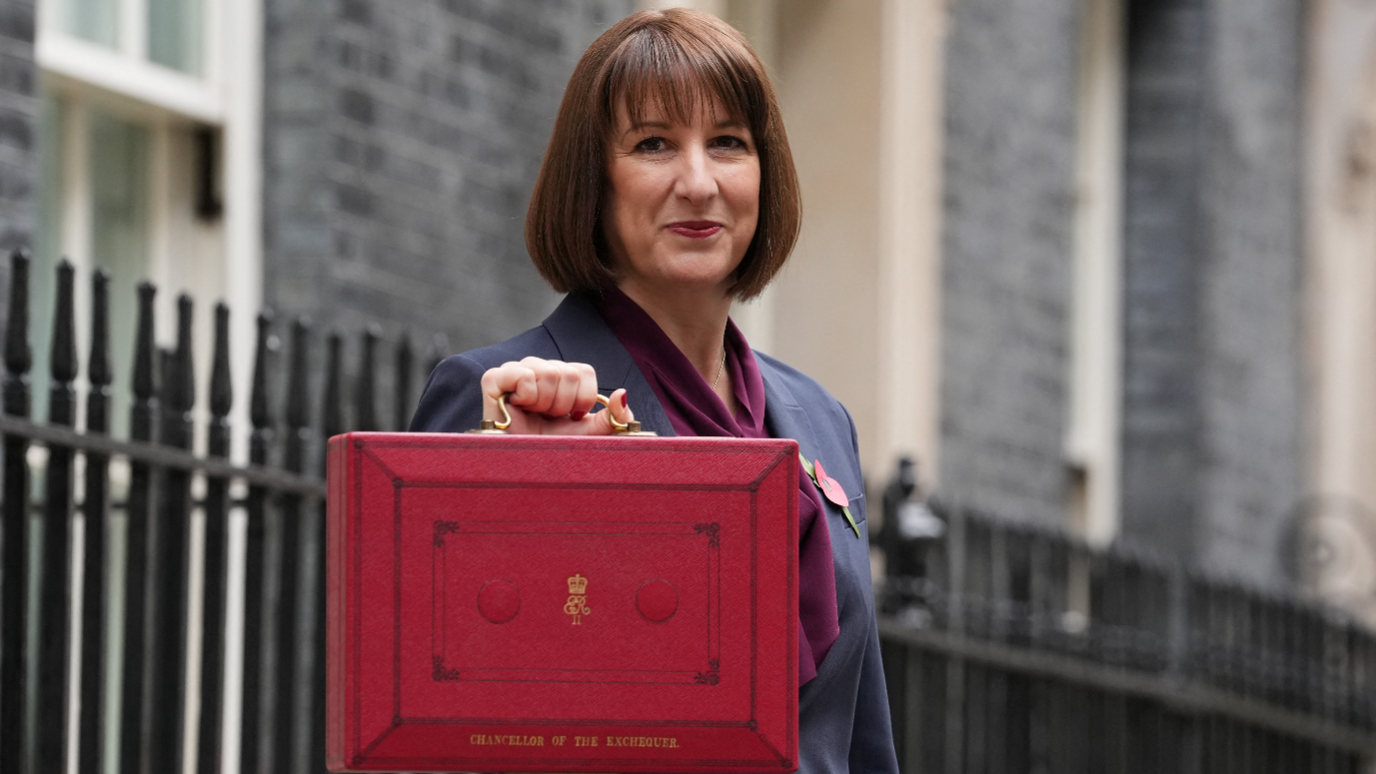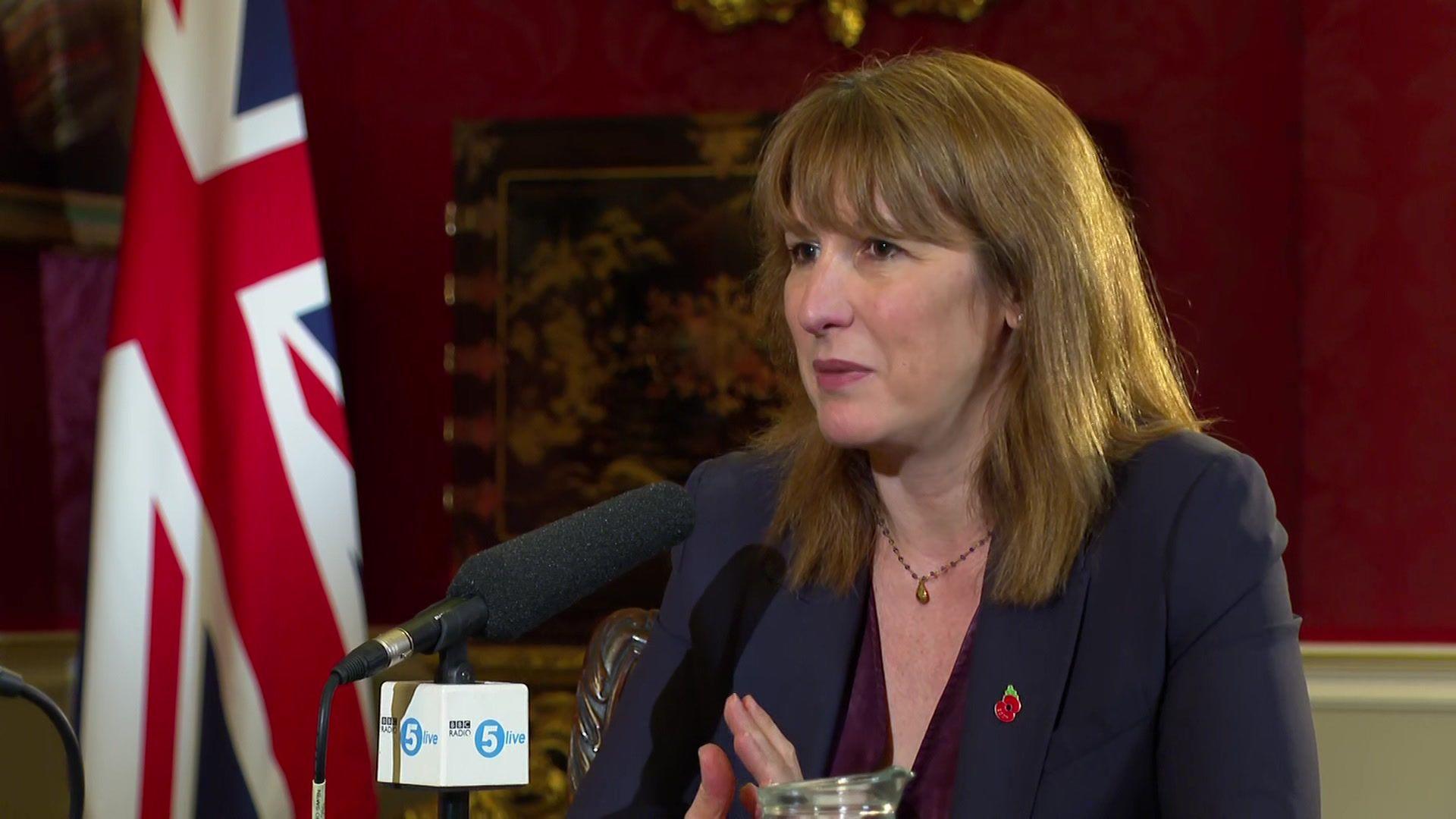London's Budget list - more money and 'do no harm'
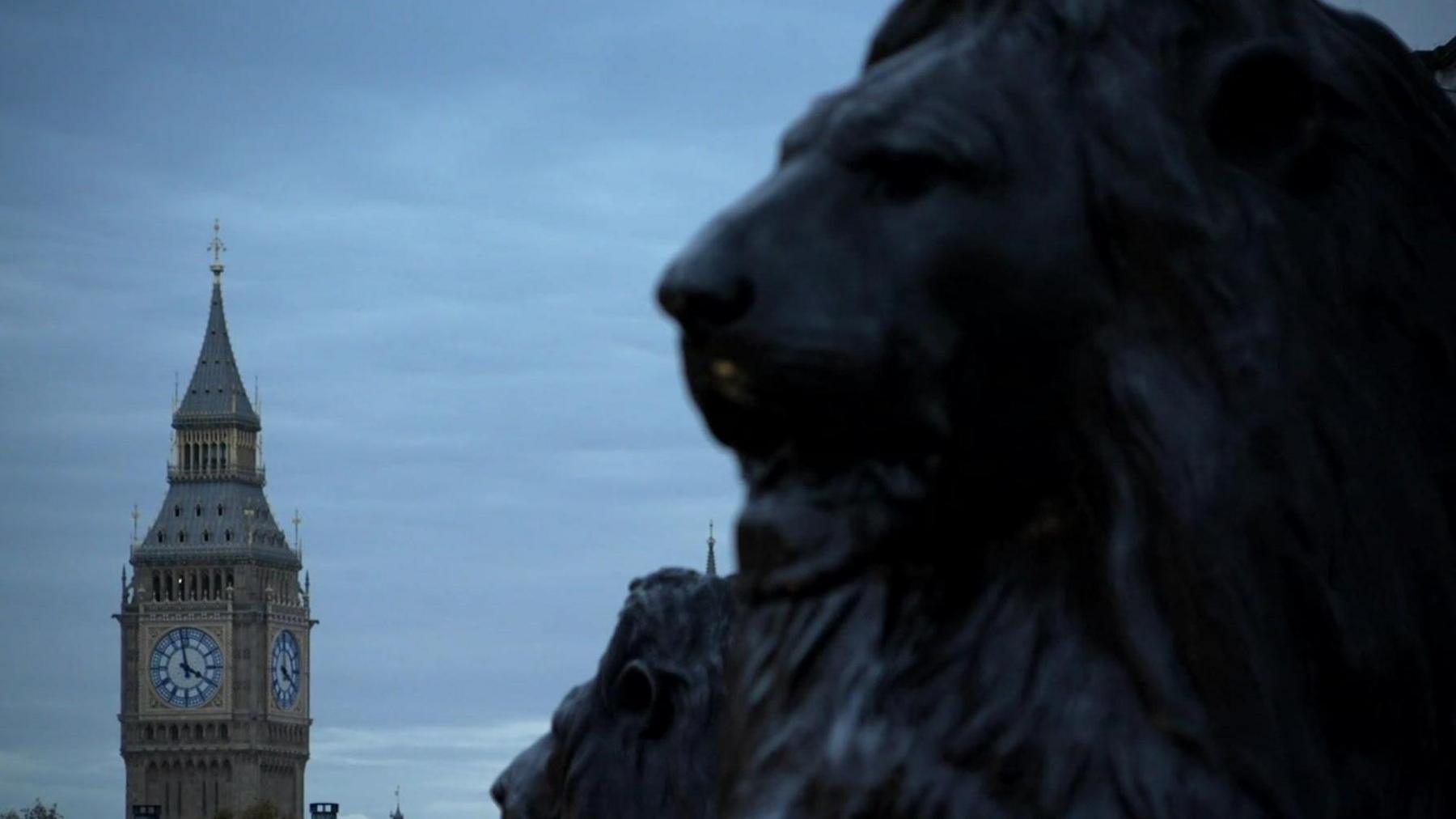
Will Westminster's budget deliver for London?
- Published
What does London want from the budget?
Of course, the capital's mayor, councils and businesses all want more money.
But there's a phrase doing the rounds too: "Do no harm".
It refers to fears London could bear the brunt of any planned wealth or property taxes: that councils in the capital could lose out under local government finance reforms, and that City Hall won't get the go-ahead for big transport projects it said were crucial to unlock the thousands of new homes needed.
The argument from all parts of London appears to focus around one key sentiment - anything that damages the capital will also damage the country as a whole.
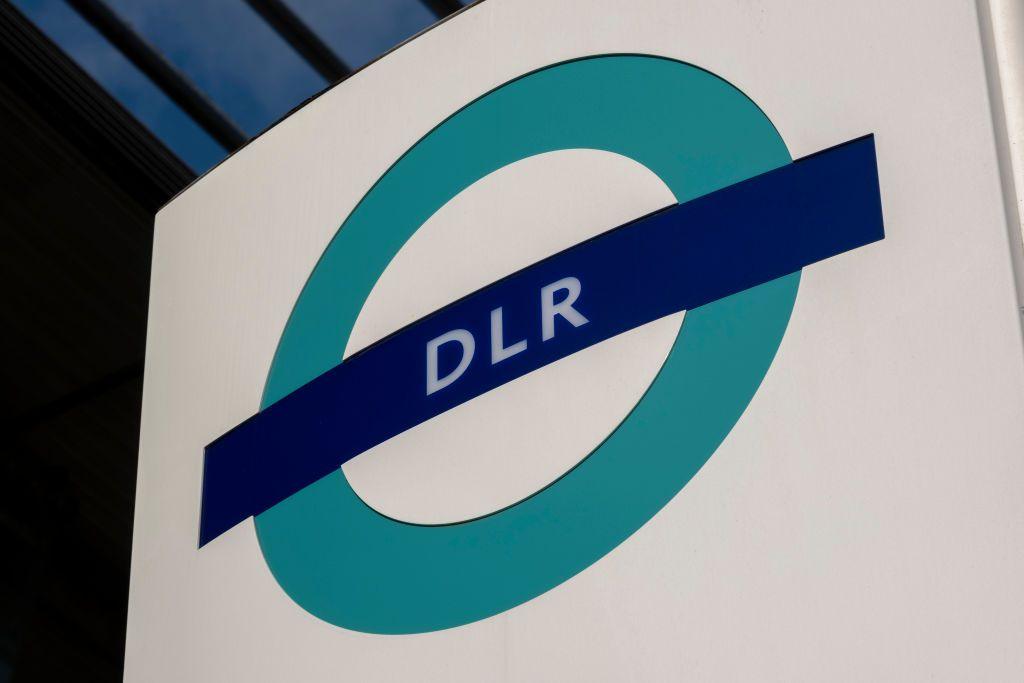
Could the Docklands Light Railway grow?
London currently contributes £50 billion a year more to the Treasury in taxes than it gets back in government spending. And it accounts for about a quarter of the whole country's economy (GDP).
Despite that wealth, one in 50 Londoners are homeless.
It means London's boroughs spend £5.5 million pounds on temporary accommodation - every single day.
Antonia Jennings, chief executive of the independent think tank Centre for London, said without more money for the city "you are actually not only doing London some harm, but the wider country some harm".
"Invest in London because there is need here - but also invest in London because it leads to investment in the rest of the country - it is the engine of economic growth."
So where might that investment come?
City Hall and Transport for London (TfL) want the go-ahead to extend the Docklands Light Railway to Thamesmead - a move they say will unlock tens of thousands of new homes.
The government recently said Thamesmead should be the site of one of 12 new towns across the country, but will it put its money where its housebuilding heart is?
Failure to get funding for this would be a major setback for mayor Sir Sadiq Khan who campaigned last year with a promise that London would get a better deal with a Labour mayor and a Labour government.
Eyes too, on any movement regarding the Bakerloo Line extension to Lewisham, or the West London Orbital rail route - these, though, are thought to be less likely.
City Hall would like TfL to take over the running of the commuter sections of Great Northern Rail which runs through the site of one of the other planned new towns - Crews Hill in Enfield.
Nick Bowes, who was Sir Sadiq's director of policy but now works for communications agency LCA, was clear about what he thought was needed.
"At the very least, London will be expecting one of those, especially the DLR extension, to help soften the impact of what else might be coming down the line.
"When you look at the speculation ahead of the budget, if even only half of that comes true, it's going to have a disproportionate affect on London because personal, property and business taxes look like they'll hit here and the south-east harder than the rest of the country.

Could tourists be asked to pay an extra charge to stay in London?
One idea that's gathering something of a head of steam is the call for local areas to be able to impose an Overnight Visitor Levy - or Tourist Tax.
Local hotels or Airbnbs could add a small charge to each night, with the money funding local improvements.
It's common across the world and could raise anywhere between £100-500 million a year in London. Local councils and the mayor back it, but it would require a change in the law for it to go ahead.
There could still be arguments about who would get to keep it - the boroughs, or the mayor.
High-end businesses, particularly in central London would also like to see the return of the scheme where overseas visitors could claim back VAT on their purchases.
They said London has been losing out to other European capitals since the scheme was scrapped at the end of 2020.
John Dickie, chief executive of BusinessLDN, said he would like to see Rachel Reeves scrap the Stamp Duty tax on shares and get rid of the tax on overseas visitors.
"It makes our tourism sector much less competitive compared to the rest of Europe."
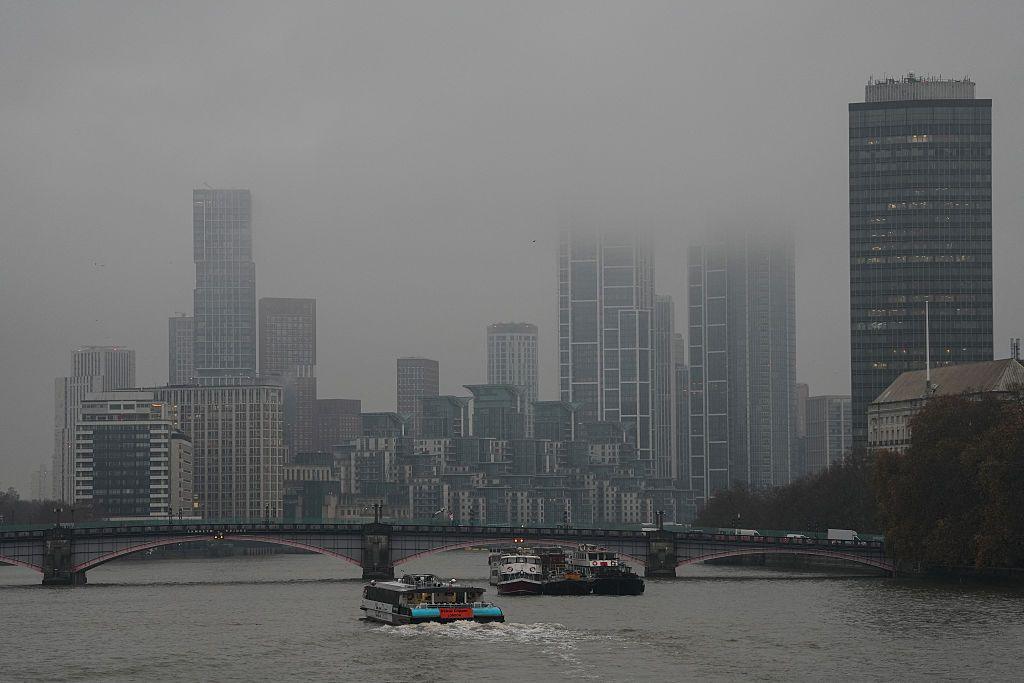
Another key group looking for help from the chancellor are London's councils.
They are facing an unprecedented squeeze and want more help from central government.
London Councils, the cross-party group representing the capital's boroughs, has predicted a £1 billion shortfall this year, rising to £4.7 billion in the coming years. It warned half of the 32 boroughs could soon need emergency government help.
Its chair, Claire Holland said the budget "must provide London with the tools and resources it needs to build new homes and turbocharge growth.
"That means investing in transport infrastructure in the capital, giving greater fiscal autonomy to London and restoring stability to borough budgets."
So, London has made its case.
Submissions have been made to the Treasury, private meetings and briefings held and a few "difficult" conversations worked through.
We'll find out if they've worked on 26 November.
Listen to the best of BBC Radio London on Sounds and follow BBC London on Facebook, external, X, external and Instagram, external. Send your story ideas to hello.bbclondon@bbc.co.uk, external
